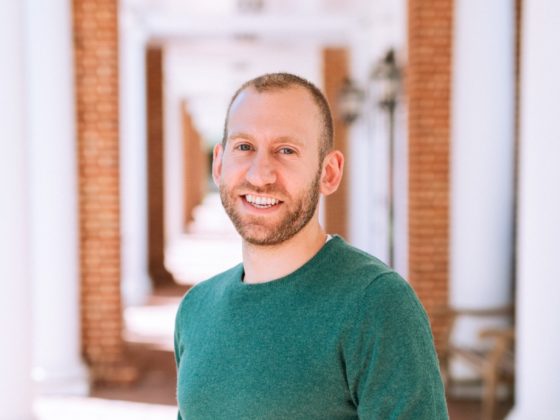As a former consultant, Second Year Lindsay Bralower already had a strong affinity for one of the technology sector’s core values — “customer-centricity,” Lindsay says — the notion that the customer sits at the nexus of all business management. So when Lindsay began her product management internship at The RealReal, an online and brick-and-mortar luxury consignment marketplace, Lindsay knew she wanted to build on her existing skills in customer strategy and stakeholder management. In this next installment of our internship reflection series, Lindsay discusses how her customer-centric skillset translated to the e-commerce space and how her experience at The RealReal helped her build strong technical acumen.
Tell us about your internship. What did a typical day look like for you?
This summer, I was a Product Management Intern at The RealReal. I focused primarily on various aspects of the product development life cycle (PDLC). During the PDLC, you bring a product from discovery to definition, execution, launch, and post-launch.
My day-to-day usually involved working with my engineering and design teams to build out a product, meeting with stakeholders to gain buy-in, ask questions, or provide updates, and conducting analyses to prioritize various aspects of work.
What did you enjoy the most in your internship?
One of my favorite aspects of the summer was actually getting to see my product launch and contribute to the company. In my past life as a consultant, I rarely got to see the implementation of any strategy we designed. As a product manager, though, I could see the tangible differences that the tools and products I was working on had in the day-to-day.
What advice do you have for First Years who are beginning their internship recruiting?
Going into the summer, I thought I was at a disadvantage because I didn’t have a technical background. The technical skills I was new to included recognizing code, knowing how to build and prioritize a backlog, and working with engineers.
But I felt really comfortable with other aspects of being a product manager: customer-centricity, as well as stakeholder and business management. These were skills I had really focused on working in customer strategy in consulting, and was able to build on over the summer. I realized that being a strong product manager is more about being a translator between the business and the engineers, rather than being the expert on the code.
I had an amazing time that showed me the ropes and gave me opportunities to learn-by-doing, so that by the end of the summer, I was able to fully operate by myself. If you can learn the basics and bring other skills to the table, you have all essentials to work in product.





